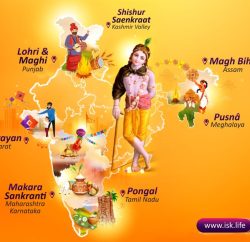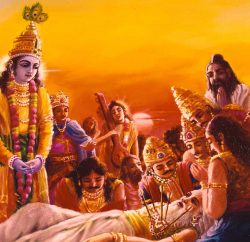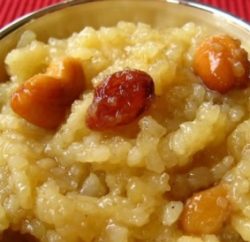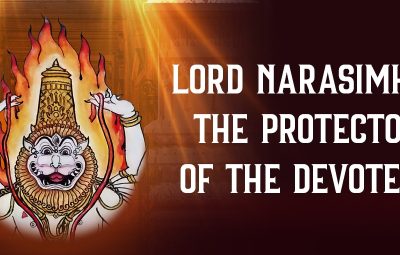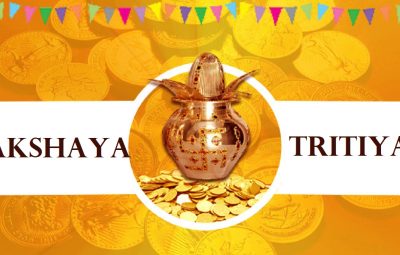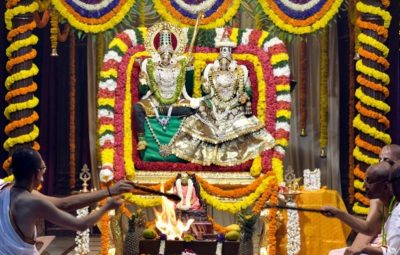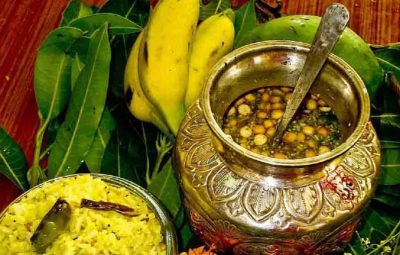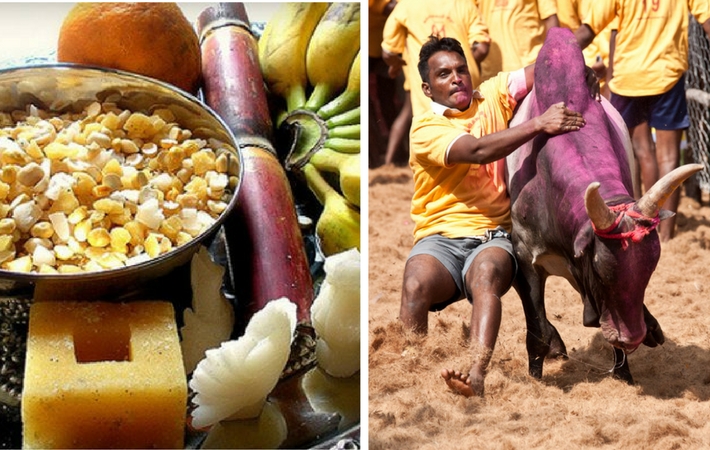
Makar Sankranti is an auspicious day and celebrated with much fanfare and festivities across India. It marks the arrival of the spring season, bidding goodbye to the chilly winter.
The first day when the sun begins to move north and enter the zodiac sign of Capricorn is called Makar Sankranti (Magha-Mela), and the first day when the sun begins to move south and enter the sign of Cancer is called Karkata Sankranti.
The place where the Ganges flows into the salt water of the Bay of Bengal is still known as Ganga-sagara, or the meeting place of the Ganges and the Bay of Bengal. On Makar-sankranti, in the month of January-February, thousands of people still go there to bathe, hoping to be liberated. That they can actually be liberated in this way is confirmed herein. For those who bathe in the Ganges at any time, the results of great sacrifices like the Ashvamedha and Rajasuya yajnas are not at all difficult to achieve. Most people in India are still inclined to bathe in the Ganges, and there are many places where they can do so. At Prayaga (Allahabad), many thousands of people gather during the month of January to bathe in the confluence of the Ganges and Yamuna. Afterward, many of them go to the confluence of the Bay of Bengal and the Ganges to take bath there. Thus it is a special facility for all the people of India that they can bathe in the water of the Ganges at so many places of pilgrimage.
– Srimad Bhagavatam, Purport, 5.17.9
Sankranti /Pongal also known as ‘Bhogi Pongal’ is a day for family gathering and is also the beginning of the New Year for many communities. The houses are decorated with colourful rangoli patterns. The harvest of rice, turmeric and sugarcane is brought in. For Kannadigas, the main part of the festival is the exchange of yellu-bella (sesame seeds and jaggery).
The second day of Pongal known as ‘Surya Pongal’ is dedicated to the Sun God. As the word, ‘Ponga’ means ‘to boil’ representing plentiful and excess yield, a special dish – Sakkare Pongal is cooked on this day and is offered to the Sun God with sugarcane.
In Tamil Nadu, the third day known as Mattu Pongal is dedicated to the cattle as cowherds pay thanks to their cows and bulls, wash them, paint their horns and cover them with shining metal caps. Bells are tied around their necks. Bullfights called Jallikattu are also arranged at some places where young men have to take the money bags tied to the horns of ferocious bulls single-handedly without using arms.
The third day is also celebrated as Kanni Pongal when unmarried girls cook Pongal wishing for wedding bells soon.


